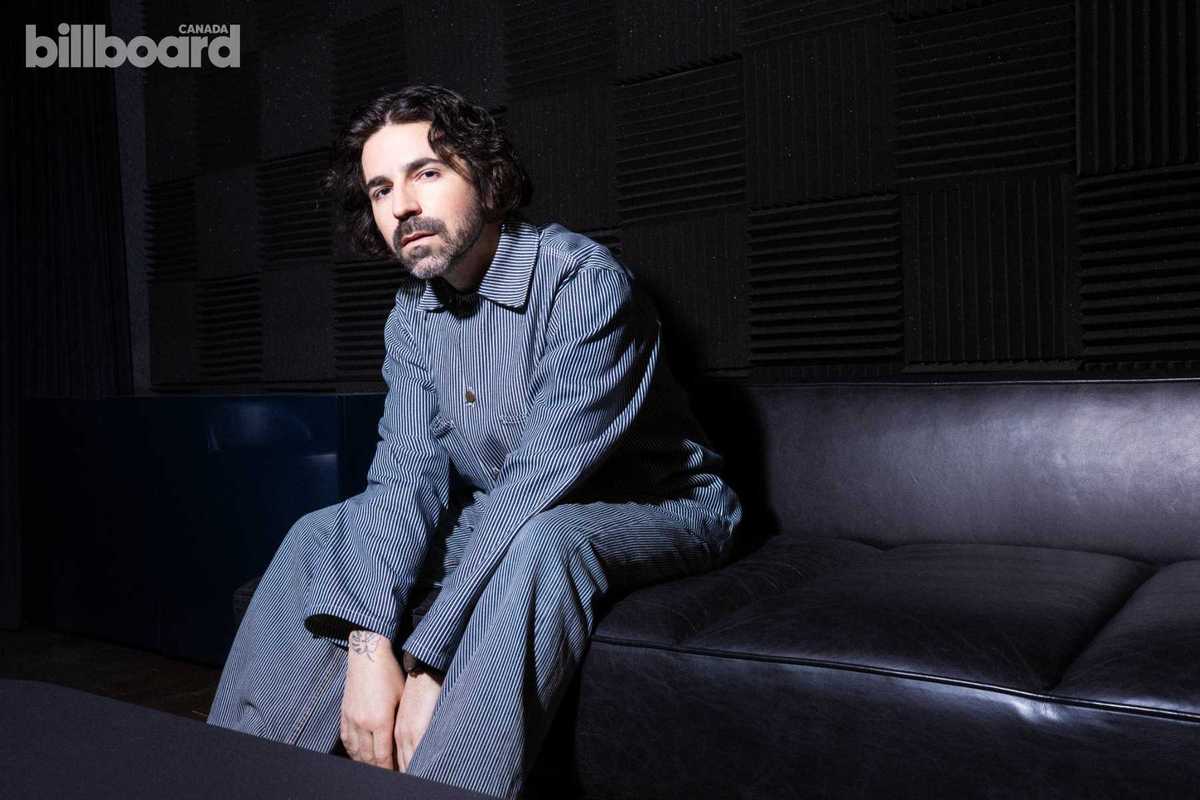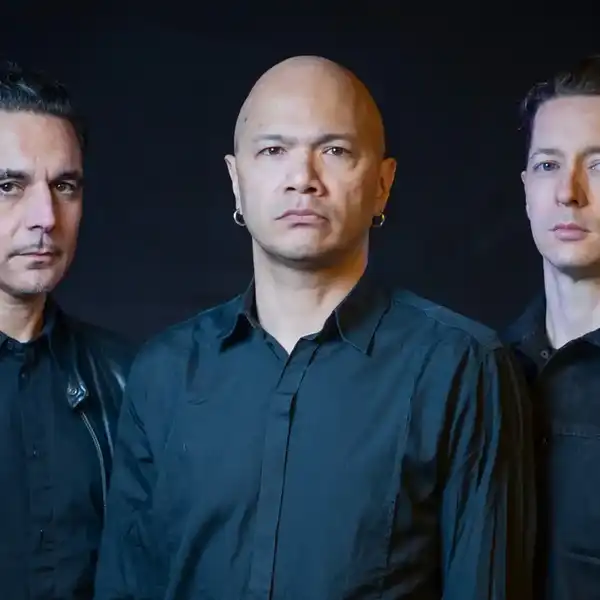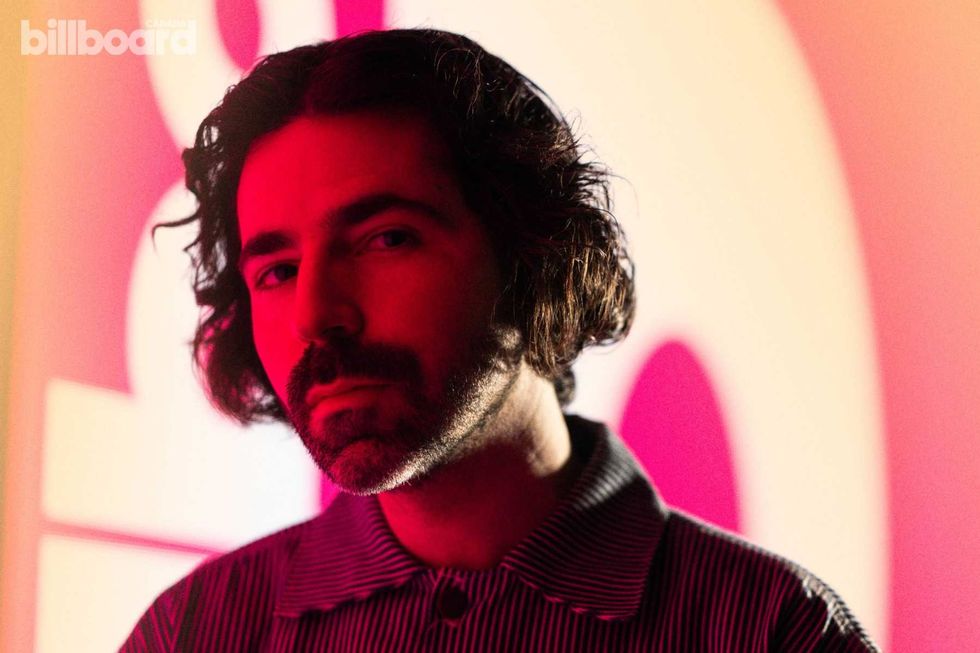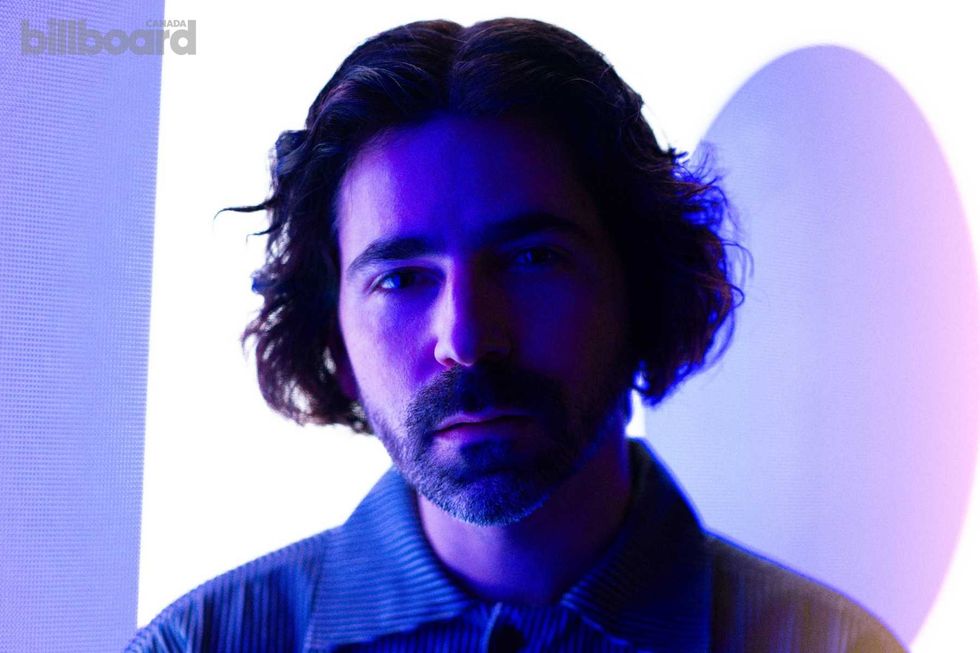Five Questions With… Jory Nash
The veteran Toronto folk songsmith has just released his ninth album. In this interview, he discusses its cinematic scope, the challenge of balancing parenthood and music, and his concern about Spotify.

By Jason Schneider
On his latest album, Wilderness Years, Toronto singer/songwriter Jory Nash continues to display his artistic growth with 11 new songs that offer a glimpse into the highs and lows of his life over the past few years. On the one hand, there’s the joy of finding his soul mate and becoming a father for the first time, while on the other, there are the ever-increasing challenges of being an independent musician in an industry where the old rules seemingly no longer apply.
The album’s title—as well as its accompanying song “Wilderness”—are a reflection of Nash seriously contemplating putting music aside altogether after more than 20 years and eight previous solo albums to his credit. However, Nash’s unquenchable thirst to write and perform remained, and, with the help of some notable friends - including co-producer Chris Stringer, Oh Susanna, Lori Cullen, guitarist Dean Drouillard, harmonica player Jerome Godboo, cellist Kevin Fox and others, Nash firmly believes he has made his strongest musical statement to date.
Now that he’s returned from the wilderness, audiences will get to see the true Jory Nash once again— a passionate connoisseur of hats and a diehard Toronto Maple Leafs fan—but above all one of Canada’s most eloquent singer/songwriters. He has dates scheduled into the fall, starting with Ontario's Kingsville Folk Festival on Aug. 10, and for more info go to jorynash.com.
What makes Wilderness Years stand apart from your previous work?
This album is the most concisely written and personal collection of songs I’ve ever recorded. It’s also the most densely and cinematically arranged album I’ve ever recorded. I wanted it to sound warm and in a way less “folky,” which may not be the best career move for a self-avowed folk artist.
What songs on the new album are you particularly proud of?
I’m especially proud of “Dark Matter,” which I wanted to sound like a mixture of the Allman Brothers, early ‘70s Neil Young and Dusty Springfield in Memphis all rolled into one. That we came pretty darned close to my vision thrills me to no end.
I also love “The Astral Plane” for its lyrics, as it best describes how mind-blowing, isolating and just how damned hard it is becoming a parent. There are over a dozen musical parts in the mix, but you’d be hard-pressed to untangle them all. It all starts to flow together in a symphonic way.
“We Don’t Talk About Her” is a huge musical departure for me, invoking elements of late ‘70s Nick Lowe and Elvis Costello. It has a summery, poppy, jingle jangle vibe to it that I have always loved listening to but never tried recording. Lastly, “Wilderness” is the most bare-bones track on the album and I think it’s the best vocal performance, raw and honest.
How would you describe your artistic evolution so far?
I’m constantly trying not to repeat myself, both regarding writing and arranging, and with nine albums now under my belt this can be a challenge. It was important to me that for this album I’d work with some musicians I’d never recorded with before, and their skills and sounds helped me take Wilderness Years in desired new musical directions.
What's been the most significant change in your life over the past year?
Having a kid, as some of the album alludes to. Jasper is now 16 months old, and he’s dominated my life since his arrival. That I was able to write most of the songs, record and release this album this year, sometimes astounds me. As a full-time parent, days often go by where the only thing I can focus on is my son’s needs, let alone anything musical.
If you could fix anything about the music industry, what would it be?
Dramatically raise streaming rate payments. Current rates are so criminally low that artists who self-fund their recordings simply can no longer come close to recouping costs. I get it that streaming is now how most people access music but we are pretty much-giving music away for free on platforms like Spotify. We are expected to absorb all the costs associated with making music yet there is increasingly no way to recoup said costs via streaming when payment tariffs are so low. That’s a recipe for longer-term disaster for artists like me.


















 Felix Cartal shot at the W Toronto on Feb. 20, 2026. Lane Dorsey
Felix Cartal shot at the W Toronto on Feb. 20, 2026. Lane Dorsey  Felix Cartal shot at the W Toronto on Feb. 20, 2026.Lane Dorsey
Felix Cartal shot at the W Toronto on Feb. 20, 2026.Lane Dorsey